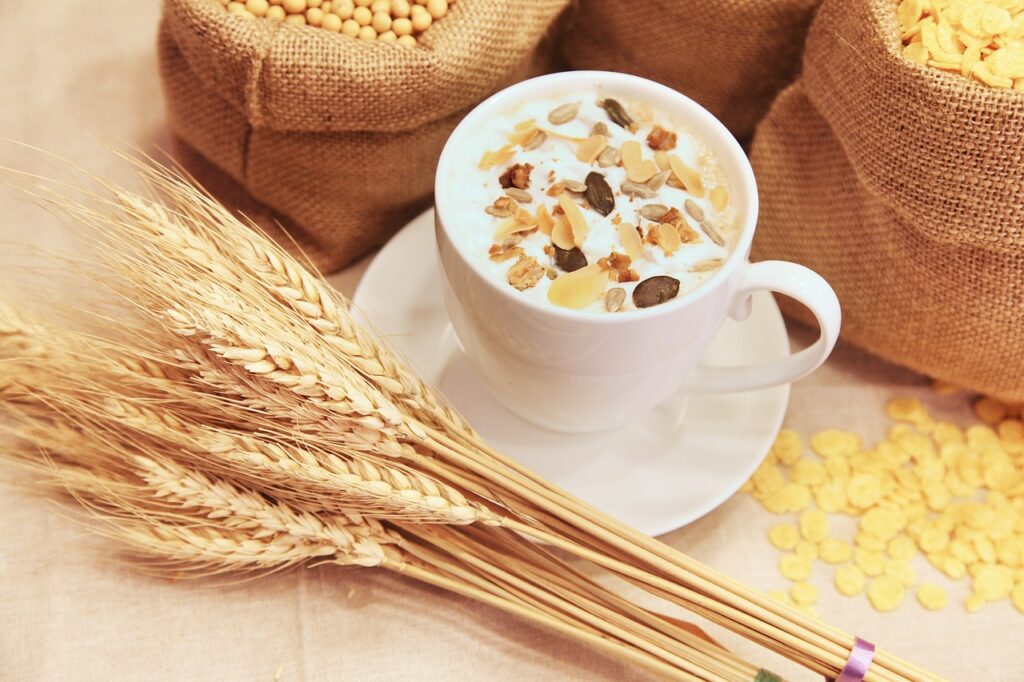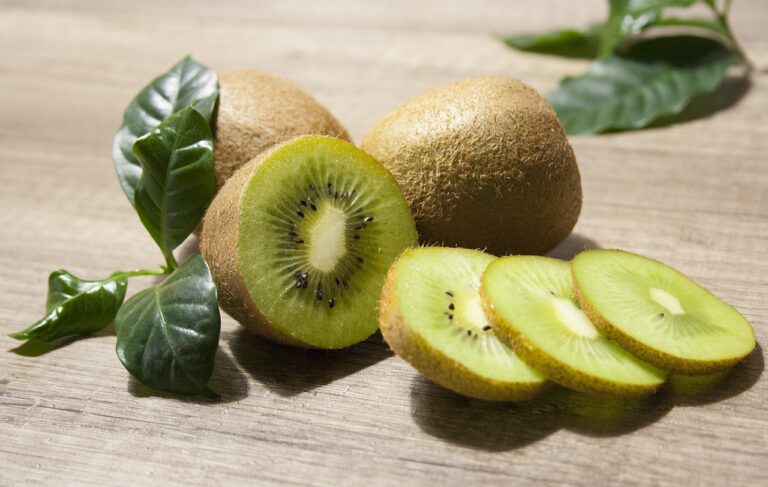In recent years, the connection between nutrition and mental health has garnered significant attention from researchers, health professionals, and the public. While it is well-established that diet influences physical health, emerging evidence suggests that nutrition also plays a crucial role in mental well-being. The brain, like other organs, requires specific nutrients to function optimally, and deficiencies or imbalances can impact mood, cognitive function, and overall mental health. This essay will explore ten key points highlighting the intricate relationship between nutrition and mental health, providing a comprehensive understanding of how dietary choices can influence psychological well-being.

Nutrition for mental wellbeing
1. The Brain-Gut Connection
The gut-brain axis is a complex communication network that links the central nervous system and the gastrointestinal tract. This connection is facilitated by various pathways, including the vagus nerve, immune system, and neurotransmitters. Gut health significantly impacts brain function and mental health. The gut microbiota, which consists of trillions of microorganisms, plays a pivotal role in this relationship. A balanced diet rich in fiber, probiotics, and prebiotics supports a healthy gut microbiome, which in turn can influence mood and cognitive function. Dysbiosis, an imbalance in the gut microbiota, has been linked to conditions such as anxiety, depression, and stress.
2. Omega-3 Fatty Acids and Brain Health
Omega-3 fatty acids, particularly eicosapentaenoic acid (EPA) and docosahexaenoic acid (DHA), are essential for brain health. These fats are integral components of cell membranes in the brain and play a crucial role in maintaining neuronal function and plasticity. Numerous studies have demonstrated that omega-3 fatty acids can help reduce symptoms of depression and anxiety. Foods rich in omega-3s, such as fatty fish (salmon, mackerel, sardines), flaxseeds, and walnuts, should be included in the diet to support mental health.
3. Antioxidants and Cognitive Function
Oxidative stress, caused by an imbalance between free radicals and antioxidants in the body, can damage brain cells and impair cognitive function. Antioxidants, found in various fruits and vegetables, help neutralize free radicals and protect brain cells from damage. Vitamins C and E, beta-carotene, and polyphenols are potent antioxidants that support brain health. Diets rich in antioxidant-containing foods, such as berries, citrus fruits, leafy greens, and nuts, have been associated with improved cognitive function and a lower risk of neurodegenerative diseases.
4. B Vitamins and Mental Health
B vitamins, particularly B6, B9 (folate), and B12, are essential for brain function and the production of neurotransmitters such as serotonin, dopamine, and norepinephrine, which regulate mood. Deficiencies in these vitamins can lead to symptoms of depression, anxiety, and cognitive decline. Sources of B vitamins include whole grains, meat, eggs, dairy products, legumes, and leafy greens. Ensuring adequate intake of these vitamins through diet or supplements can support mental well-being.
5. The Role of Amino Acids
Amino acids, the building blocks of proteins, are crucial for the synthesis of neurotransmitters. For example, tryptophan is a precursor to serotonin, a neurotransmitter that regulates mood and sleep. Tyrosine is a precursor to dopamine, which influences motivation and reward. A diet that includes high-quality protein sources, such as lean meats, fish, eggs, dairy, legumes, and nuts, provides the amino acids necessary for neurotransmitter production and mental health.
6. Blood Sugar Stability
Fluctuations in blood sugar levels can significantly impact mood and cognitive function. Diets high in refined sugars and carbohydrates can cause rapid spikes and crashes in blood sugar, leading to irritability, anxiety, and impaired concentration. Conversely, a diet that includes complex carbohydrates, fiber, and protein helps maintain stable blood sugar levels. Foods such as whole grains, vegetables, fruits, and lean proteins provide sustained energy and support mental clarity and emotional stability.
7. Hydration and Cognitive Performance
Adequate hydration is essential for maintaining cognitive function and mental clarity. Even mild dehydration can impair attention, memory, and mood. Water is crucial for various brain functions, including the transport of nutrients and the removal of waste products. Drinking enough water throughout the day, and consuming water-rich foods like fruits and vegetables, helps ensure optimal brain function and mental performance.
8. The Impact of Processed Foods
Processed foods, which are often high in sugar, unhealthy fats, and artificial additives, have been linked to negative mental health outcomes. Diets high in processed foods are associated with an increased risk of depression, anxiety, and cognitive decline. These foods can cause inflammation and oxidative stress, which adversely affect brain health. Reducing the intake of processed foods and focusing on whole, nutrient-dense foods can improve mental well-being and reduce the risk of mental health issues.
9. Gut-Derived Neurotransmitters
The gut produces a significant amount of neurotransmitters that influence brain function. For example, the gut produces approximately 90% of the body’s serotonin, a neurotransmitter that regulates mood, appetite, and sleep. A healthy gut microbiota supports the production and function of these neurotransmitters. Prebiotic and probiotic foods, such as yogurt, kefir, sauerkraut, and other fermented foods, promote a healthy gut microbiome and support mental health by influencing neurotransmitter production.
10. Personalized Nutrition and Mental Health
Individual nutritional needs can vary based on genetics, lifestyle, and health status. Personalized nutrition, which tailors dietary recommendations to an individual’s unique needs, can optimize mental health outcomes. Nutrigenomics, the study of how genes interact with nutrients, is an emerging field that provides insights into personalized nutrition. By understanding genetic predispositions and nutritional requirements, individuals can make informed dietary choices that support their mental well-being.
The connection between nutrition and mental health is complex and multifaceted. A balanced diet that includes essential nutrients such as omega-3 fatty acids, antioxidants, B vitamins, amino acids, and fiber plays a vital role in supporting brain function and mental well-being. Maintaining stable blood sugar levels, staying hydrated, and avoiding processed foods further contribute to optimal mental health. Additionally, a healthy gut microbiome, supported by prebiotic and probiotic foods, influences neurotransmitter production and mood regulation. Personalized nutrition offers a promising approach to tailoring dietary recommendations to individual needs, enhancing mental health outcomes. As research continues to uncover the intricate relationship between diet and mental health, it becomes increasingly clear that nutrition is a critical component of psychological well-being. Prioritizing a nutrient-dense, balanced diet can help individuals achieve and maintain better mental health, leading to improved quality of life and overall well-being.






[…] […]
[…] A comfortable and effective fitness experience often hinges on the quality and suitability of your workout gear. Whether you’re a seasoned athlete or a fitness novice, wearing the right apparel… Read More […]
[…] also packed with antioxidants, vitamins, and fiber. These fruits are low in calories and high in nutrients, making them an excellent addition to any […]
[…] also money. By planning and preparing your meals in advance, you can ensure that you are consuming nutritious food throughout the week without the stress of daily cooking. In this comprehensive guide, we will […]